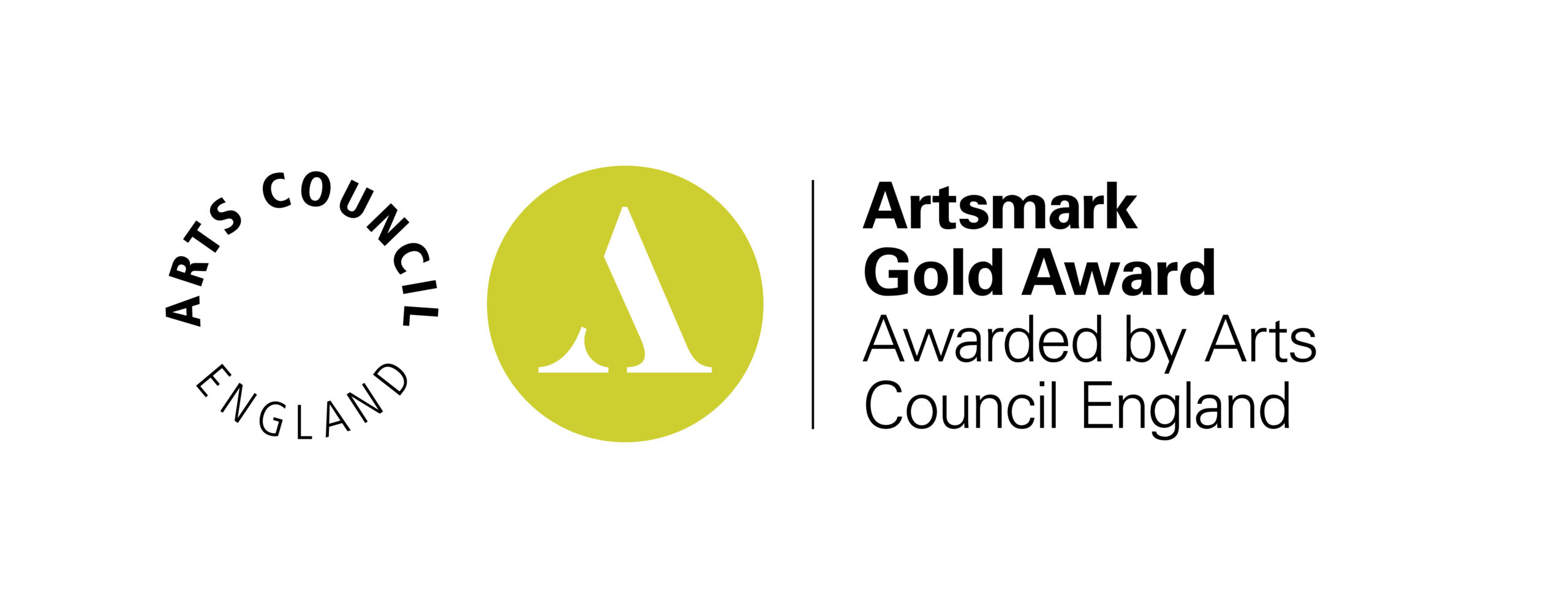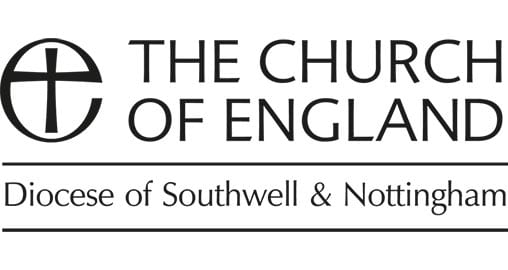Curriculum intent
Religious education enables students to investigate, question and reflect on the big questions of life. Here at the Queen Elizabeth’s Academy students are given opportunities to consider the ‘big story’ (understanding Christianity) of human existence. Students reflect on how they contribute to the local and worldwide community as caring, respectful and spiritual beings.
At the Queen Elizabeth’s Academy varied opportunities are provided for individuals to develop a sense of wellbeing to fulfil their potential to live ‘life in all its fullness’ by giving our all for the love of God. The Christian ethos of the academy family offers a stimulating, caring and loving environment where all are valued to live the principle ‘learning and loving together forever- Semper Eadem.’
Students experience a wealth and depth of knowledge whilst exploring Christianity as a living faith. Students are immersed in the knowledge of selected major world faiths and worldwide views. Religious education follows the new agreed syllabus for Nottinghamshire and Diocesan initiative ‘understanding Christianity’. The choice of focus is a decision based on the fundamental messages of the Abrahamic faiths and also the beliefs of students within our academy family, to ensure religious education is respectful and inclusive to all. Our studies consider the varied strands of disciplines within religious education where students reflect on theological, philosophical, social sciences and ethical questions.
Students have opportunities to reflect on the impact a living faith has on the individual and the community. Woven into our studies, students are also encouraged to reflect and develop a sense of their own spiritual understanding as well as expressing their own beliefs with respectful confidence. It embraces the nurturing of individuals to understand their purpose and place in the world. Religious education enhances the Church of England values and concepts of wisdom, hope, community and dignity. Students learn about religion to enhance their appreciation of learning from religion. This is achieved through the three elements of religious education in the new agreed syllabus aims (embedded by September 2021).




